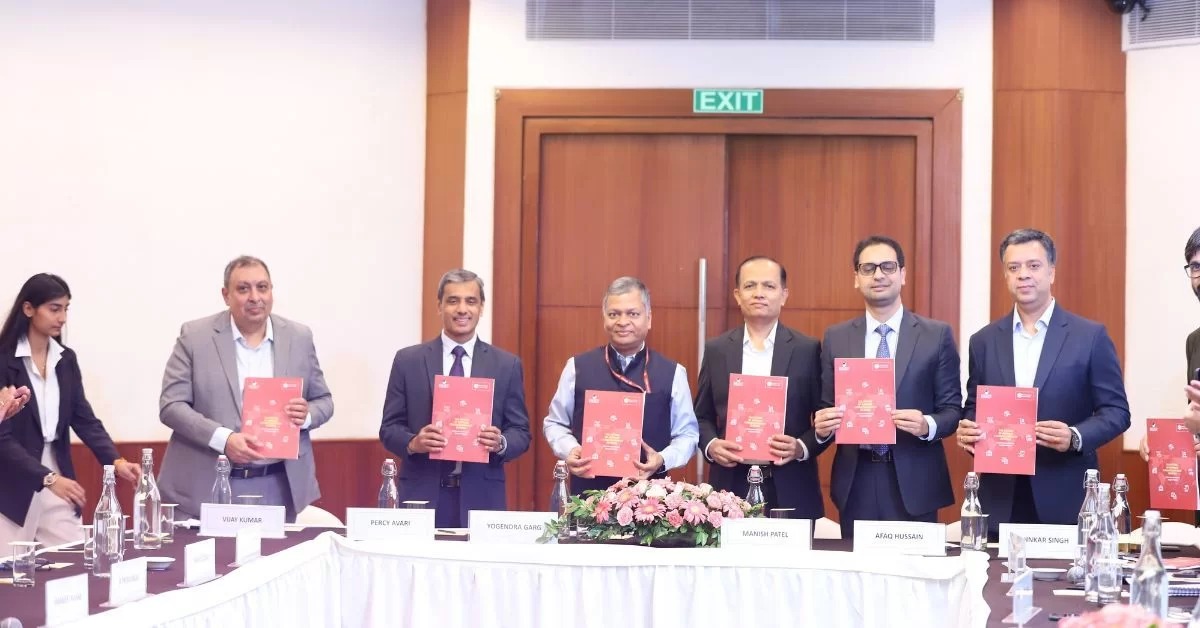
Follow WOWNEWS 24x7 on:
Updated: May 08, 2025 08:25

The Express Industry Council of India (EICI) and the Bureau of Research on Industry and Economic Fundamentals (BRIEF) have jointly published a seminal white paper to steer the seamless integration of the Express Cargo Clearance System (ECCS) into India's new Customs Integrated System (CIS). The paper, submitted to the Central Board of Indirect Taxes and Customs (CBIC), underlines the express industry's vital role in driving e-commerce, MSMEs, and India's international trade aspirations.
Major points of the white paper:
EICI urges the ECCS to be kept as an independent, independently developed module of the CIS, in accordance with World Customs Organization standards, to safeguard the velocity and efficiency crucial to express shipments.
The white paper calls for a modular CIS architecture, thus allowing interruptions in one cargo mode (air, sea, land, postal) not to impact others, and suggests ongoing industry involvement at each phase of system development.
Key ECCS features-such as real-time status reporting, bulk filing, barcode scanning, and automated clearances-must be preserved to facilitate high-volume, time-sensitive shipments.
The study recommends a special 24x7 help desk for express operators and reduced system downtimes to ensure uninterrupted trade flows.
EICI recommends application of the Airway Bill (AWB) as the main shipment reference in CIS, enabling smooth tracking and coordination by all parties.
Policy reform is suggested to integrate express cargo more effectively into export incentive schemes to unshackle growth for MSMEs and small exporters.
As India's Courier, Express, and Parcel (CEP) industry is anticipated to increase from $8.62 billion in 2025 to $15 billion by 2030, the white paper sets ECCS as a foundation for India's future in logistics. The proposals of EICI focus on keeping the express industry as agile and globally competitive as India moves towards its $30 trillion economic dream.
Sources: Maritime Gateway, BusinessWorld, EICI